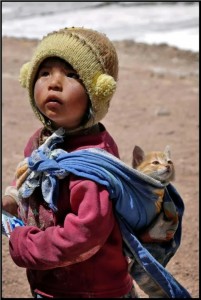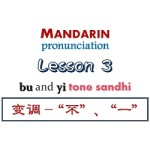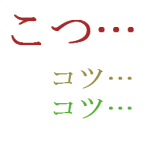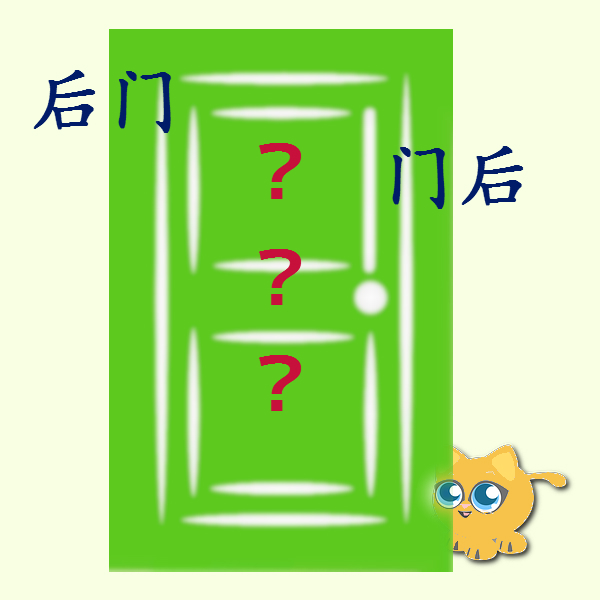背猫走天涯 Kitty Back Ride
I’ve been seeing this photo circulating around, and every time it never fails to make me feel like pinching the faces of these little cuties. They sure warrant a dedicated piece!
What came to mind the moment I saw this was:
背猫走天涯 (bēi māo zǒu tiānyá)
Originally, we say “背包走天涯” (bēi bāo zǒu tiānyá), which means travelling the world with a backpack. A favourite theme among writers and photographers.
背包 bēi bāo: carry a backpack
走 zǒu: walk
天涯 tiānyá: distant land, remote region (literally, ‘the end of the sky’)
This cutie pie is carrying the tiny kitten on his back, so therefore, 背猫走天涯 (bēi māo zǒu tiānyá).
猫 māo: cat
Don’t they look like siblings embarking on some journey?
Here’s a quiz for learners who already have some background.
Do we say bēi or bèi for the “背” in “背包”?
The answer is…
We say both!
In the first tone, bēi, it is a verb, meaning to carry on the back.
In the fourth tone, bèi, it is a noun, the back of the body.
So therefore,
‘bēi bāo’ would mean to carry a bag on your back;
whereas ‘bèibāo’ would be a backpack.
And here’s a mini extra:
小不点 (xiǎo bù diǎn)
‘little dot’, meaning, tiny tot, small child.
小不点和小不点,超可爱 =^.^=
xiǎo bù diǎn hé xiǎo bù diǎn, chāo kě’ài
(literally: little dot and little dot, super cute!)
P.S. I don’t know where this photo originated from. It’s absolutely cute, but at the same time it does make me wonder if there is some sad story behind it…












